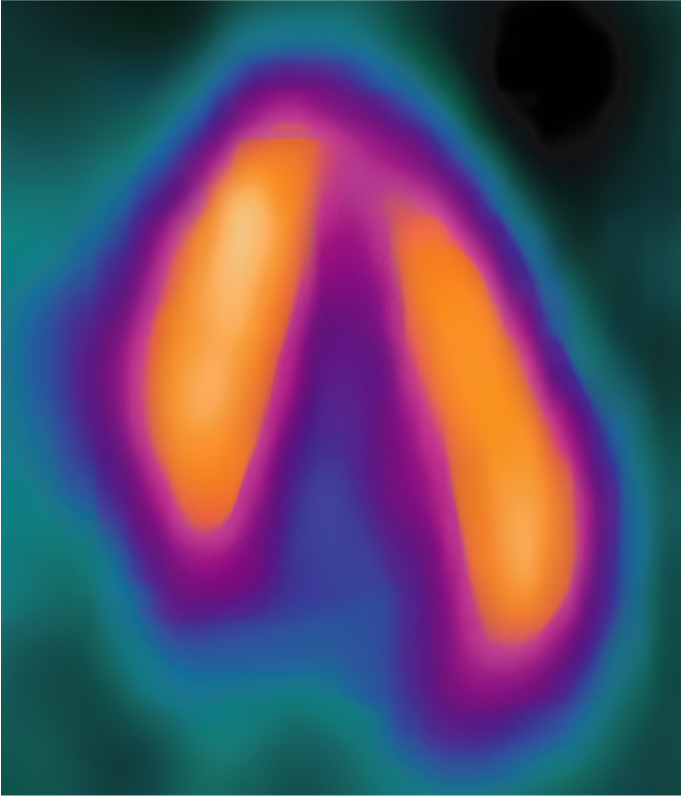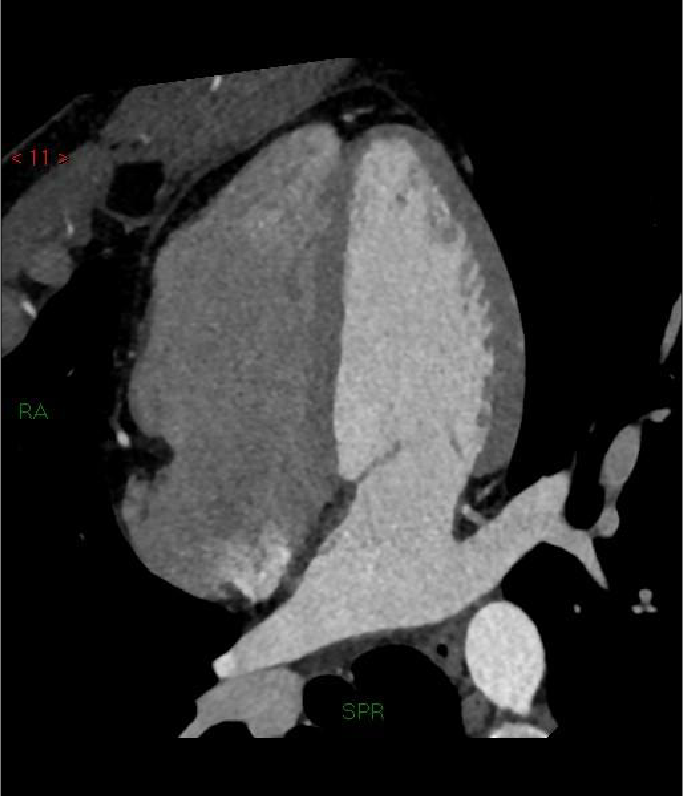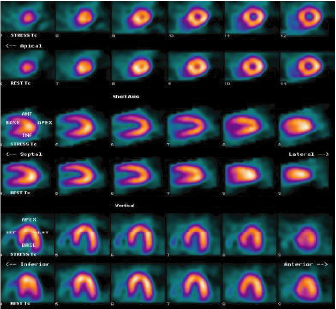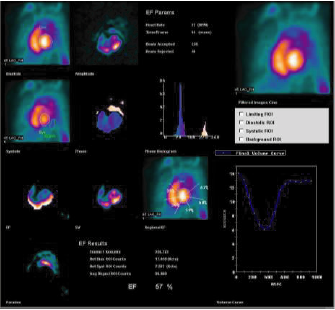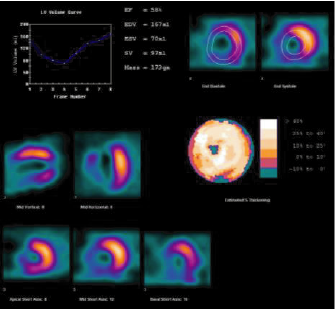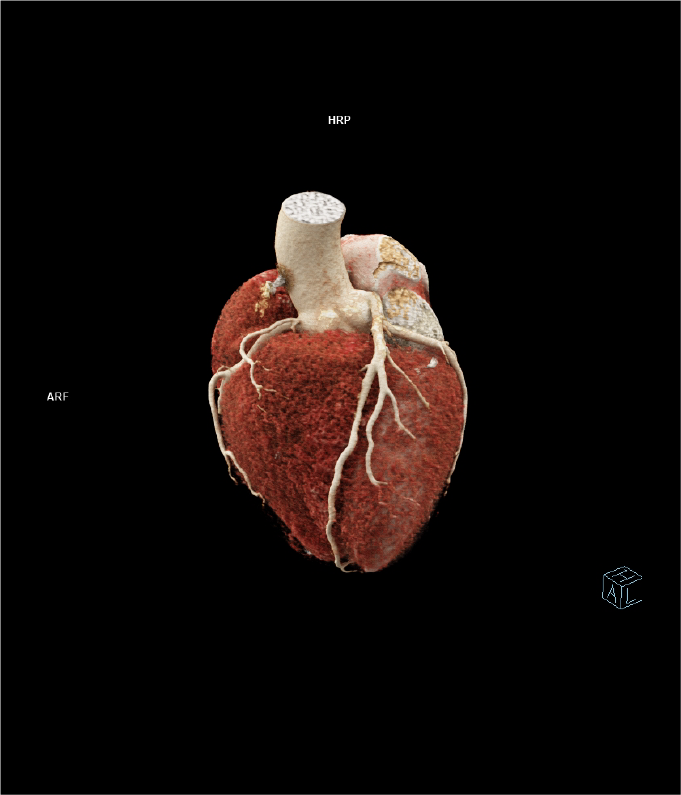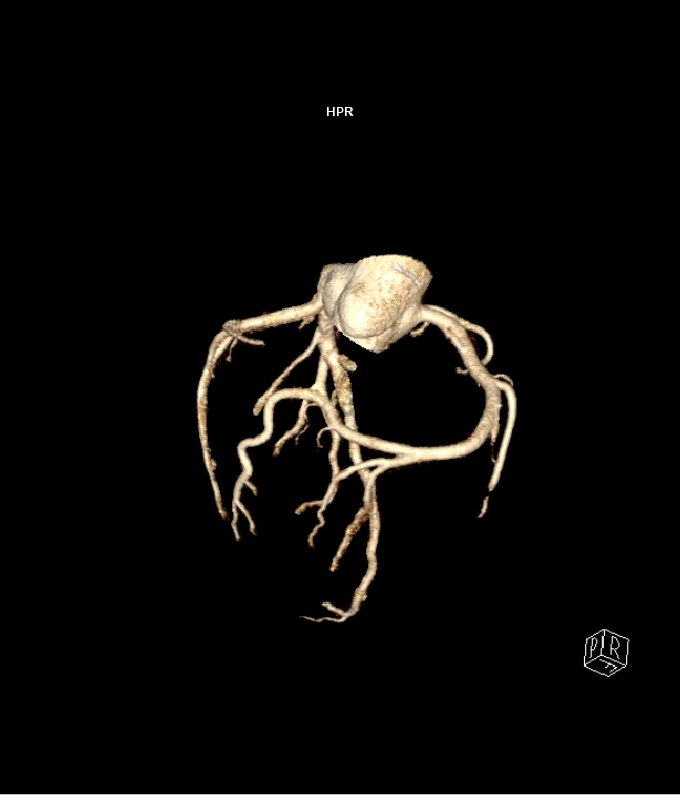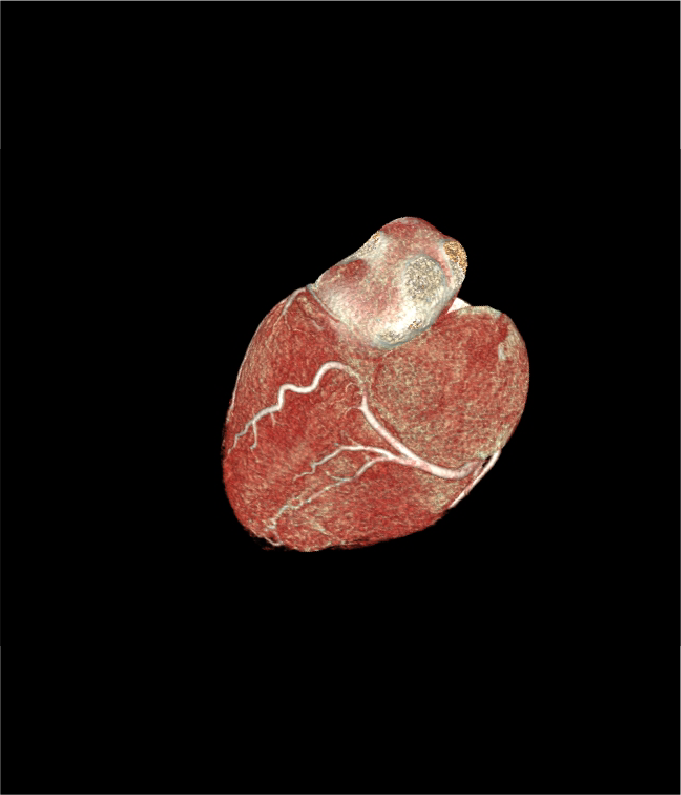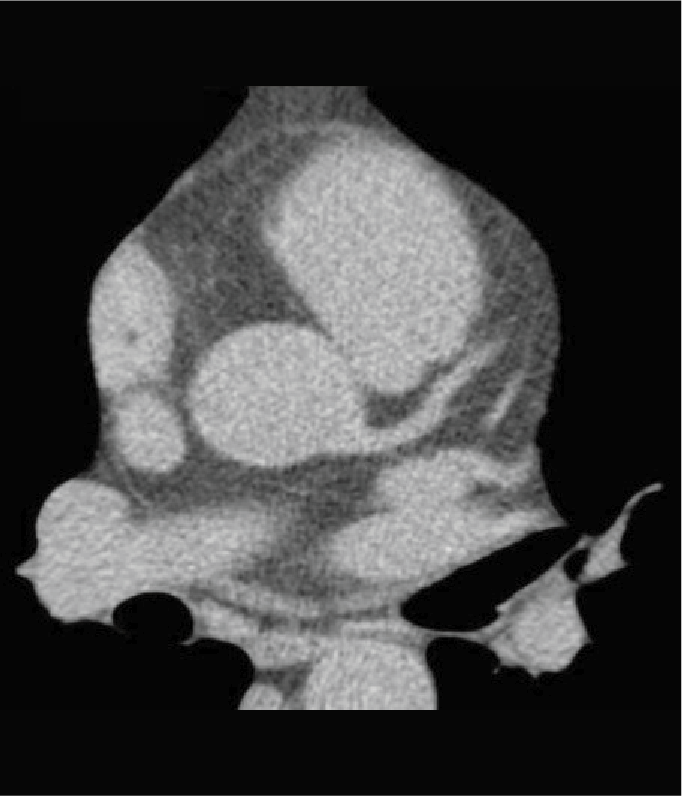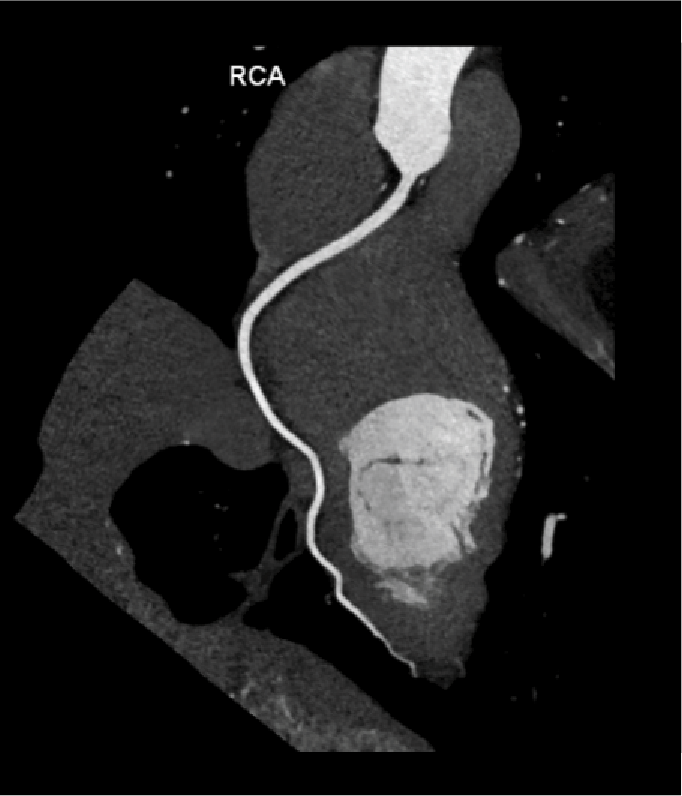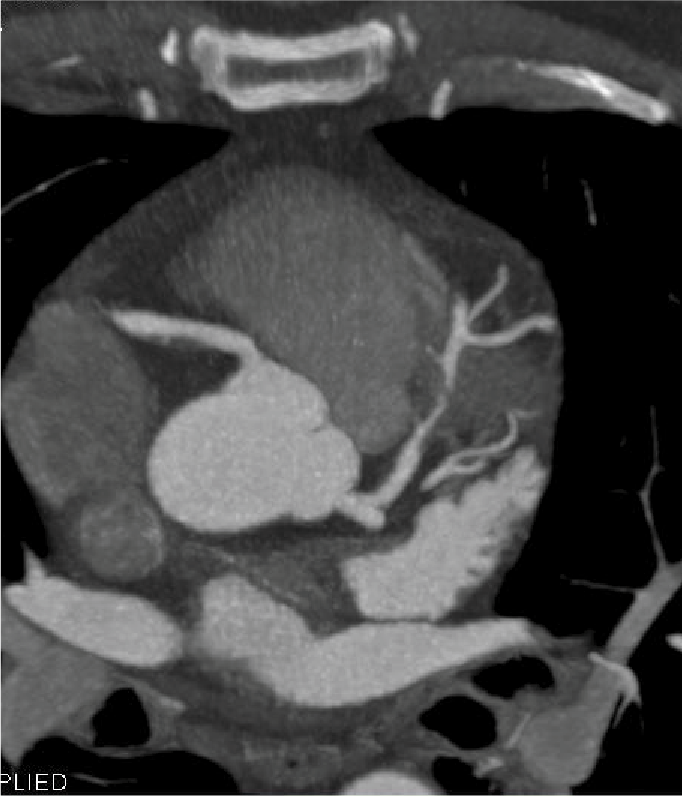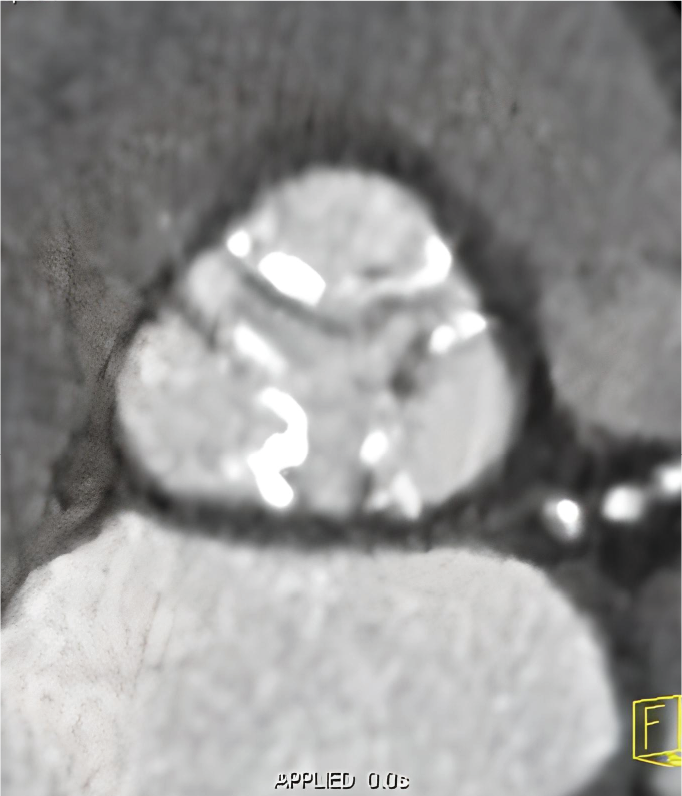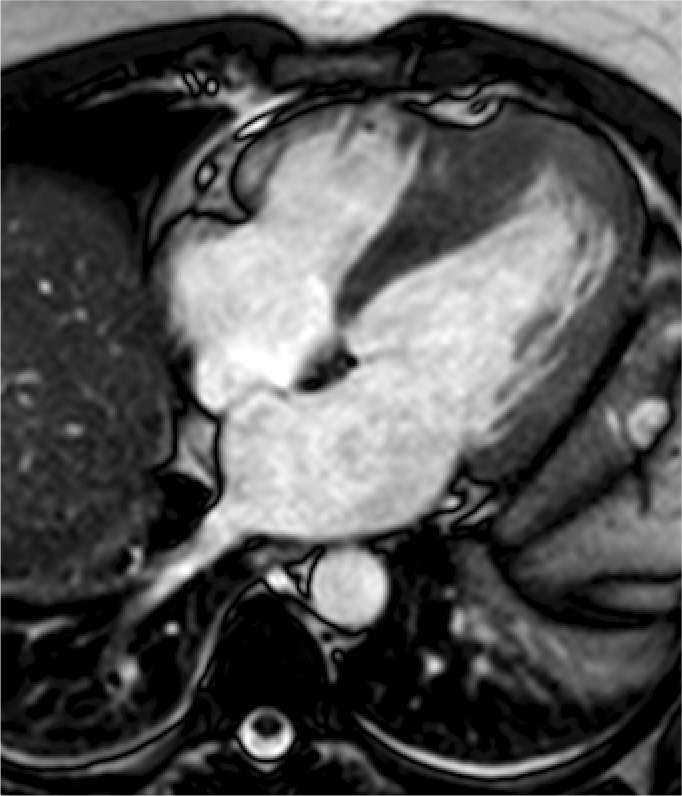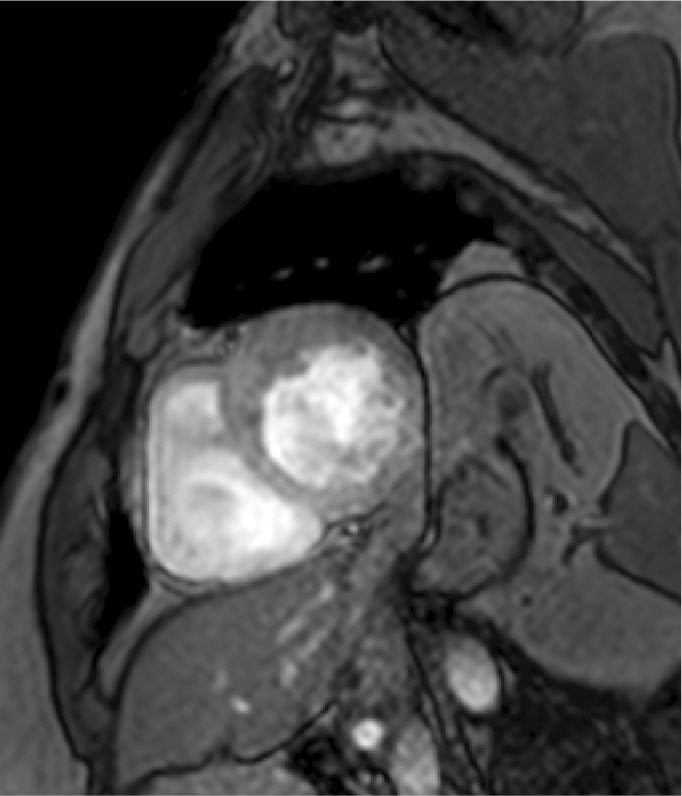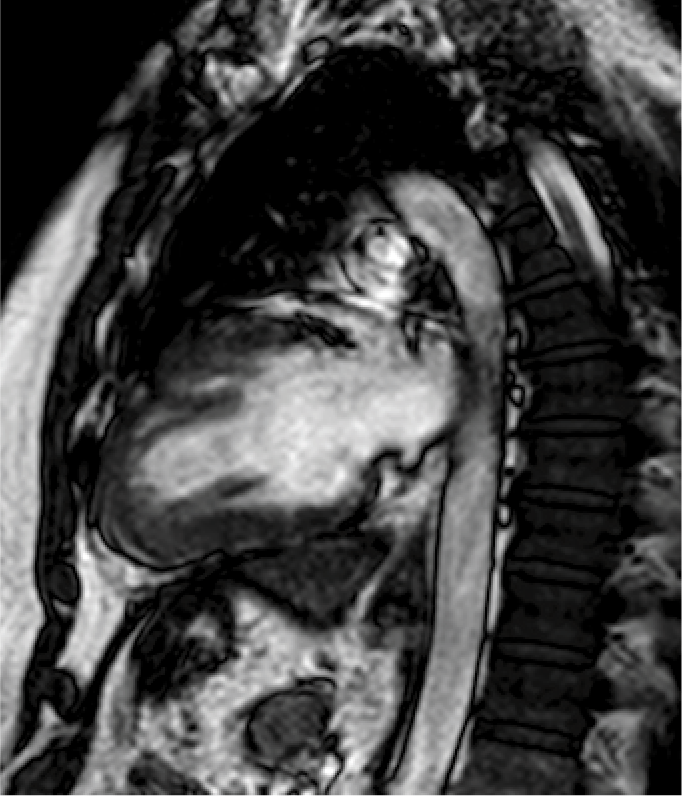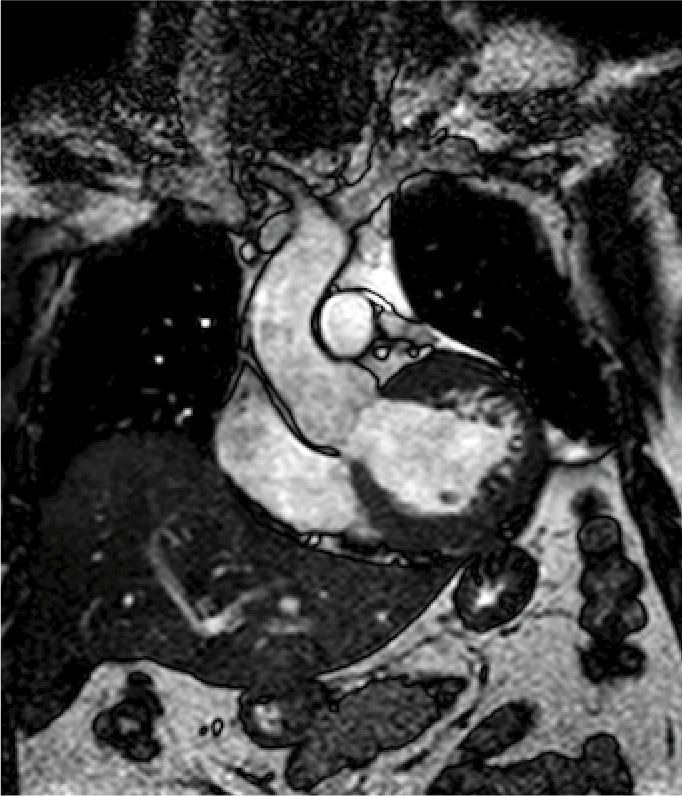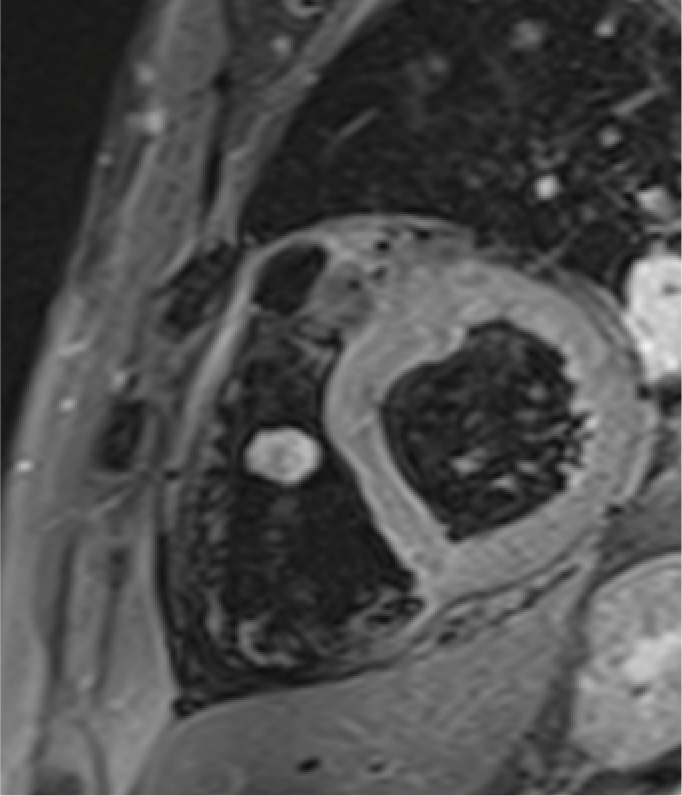Cardiovascular Diagnostic Center office hours
Santa Fe Campus Monday to Friday from 07:00 to 20:00 hrs. |
Observatorio Campus Monday to Friday from 07:00 to 20:00 hrs. |
Cardiovascular Diagnostic Center
In the Cardiovascular Diagnostic Center, it will be possible to diagnose and treat existing diseases such as angina, acute myocardial infarction, cerebrovascular failure, heart failure, kidney failure, among others, and rehabilitate and integrate the patient into their normal life.
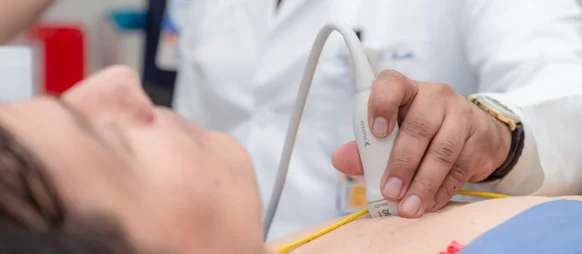
In the Cardiovascular Diagnostic Center, it will be possible to diagnose and treat existing diseases such as angina, acute myocardial infarction, cerebrovascular failure, heart failure, kidney failure, among others, and rehabilitate and integrate the patient into their normal life.

Cardiovascular imaging
ABC Medical Center has the latest technology in cardiovascular imaging and with cardiologists specialized in each of the 4 imaging modalities including echocardiography, nuclear cardiology, heart CT scan, and cardiovascular MRI.
Cardiovascular imaging studies constitute a group of essential diagnostic aids: a) in the prevention of cardiovascular diseases, b) to make a timely diagnosis, c) in the planning of medical treatment and, d) in evaluating the response to heart disease treatment.
Cardiovascular imaging studies are safe and can be performed as outpatient studies or on hospitalized patients to study patients with various heart diseases such as ischemic heart disease, coronary artery disease, cardiomyopathies, valvular heart disease, endocarditis, and heart arrhythmias.
Echocardiography
The echocardiogram or echocardiography uses high-frequency sound waves to obtain live images of the heart that are projected on a screen. This diagnostic aid provides information in 30 to 60 minutes on the shape, size, function, and movement of the heart as well as its internal structures, such as the heart valves. This study is safe in adults, children (pediatric echocardiogram), or even pregnant women to study the development of the baby’s heart in the womb (fetal echocardiography).
Echocardiographic images of the heart can be obtained in different modalities (one-dimensional, two-dimensional, or three-dimensional, Doppler, color Doppler), using an external probe (transthoracic echocardiogram) or an internal probe (transesophageal echocardiogram) and can be acquired at rest, under stress with physical effort, or with the use of medications (dobutamine stress echo), depending on the diagnosis and your doctor’s indications.
Nuclear cardiology
Nuclear medicine tests in cardiology or nuclear cardiology are diagnostic aids that use various low-energy radiotracers that, when injected into the patient’s vein, emit gamma rays that are captured by a special imager (cardiac SPECT).
These radiotracers show how much blood reaches the heart muscle through the coronary arteries, this is known as a myocardial perfusion scan. When there is suspicion of angina and/or heart attack (ischemic heart disease), this test can demonstrate the blood decrease in the heart muscle and its impact on heart function.
A myocardial perfusion SPECT is performed using two 20-minute images, the first image is obtained one hour after radiotracer injection at rest, and the second image is obtained after radiotracer injection while the patient is doing a treadmill stress test or, for people who cannot exercise, with the administration of medication. The entire process lasts 3 to 4 hours and is supervised by nuclear cardiology specialists.
There are other indications for nuclear cardiology tests, such as cardiac function assessment and infectious or inflammatory diseases of the heart.
Heart CT
This test is acquired with a high-speed, low-radiation imager that allows analyzing the coronary arteries and shows the absence or presence of atheromatous plaques, which are the ones that cause a heart attack (coronary artery disease).
Cardiac CT for calcium scoring is widely used nowadays, which is useful for timely identification of the presence of calcium associated with fatty plaques that clog your arteries and cause a heart attack. This test is acquired in less than a minute and does not require the use of a contrast agent.
The calcium found in the coronary arteries is the “first signal” that we can measure before the symptoms of the disease appear and, together with your doctor’s indications, you can prevent the progression of the disease and even a heart attack.
When it is necessary to make a more precise assessment of your coronary arteries, a heart CT scan allows, through the injection of a contrast agent through a vein in the arm, to study the interior of the arteries and demonstrate whether or not there are plaques that prevent the passage of blood to the heart. This is known CT coronary angiogram which is acquired in 30 to 60 minutes and today is the most reliable non-invasive test to evaluate the arteries that nourish the heart and that, when they get sick, they can cause a heart attack.
There are other indications for a heart CT scan that allow evaluating the heart valves and the great vessels such as the aorta.
Heart MRI
Heart MRI is an imaging technique that allows a detailed study of the function and structure of the heart in a single exploration. This diagnostic aid uses a strong magnetic field, without radiation, to generate detailed images of the heart’s structures.
MRI is indicated to evaluate congenital heart disease in both children and adults, myocardial perfusion (gadolinium-enhanced heart MRI), heart function, heart muscle diseases (cardiomyopathies), tumors of the heart and of the tissue around it (pericardium).
This test is well tolerated by most people. The magnetic field is not harmful, but it can cause some medical devices to malfunction. Most orthopedic implants are safe, but you should always let the MRI technician know if you have any devices or metal in your body.
Some of the studies carried out at the Cardiovascular Diagnostic Center are:
Electrocardiogram (EKG):
It is indicated for the detection of symptomatic arrhythmias, as part of the preoperative assessment or when a patient has one to three cardiovascular risk factors and it is desired to rule out a coronary insufficiency problem.
Holter EKG studies
It is a monitoring of the heart rate and rhythm for a duration of 24 hours. Continuous cardiac monitoring is performed for 24 hours, it is indicated in the evaluation and search for cardiac arrhythmias.
ABPM (Ambulatory Blood Pressure Monitoring)
It allows the blood pressure to be recorded for a period of 24 hours, it is used in the search for arterial hypertension and in patients with a previous diagnosis of hypertension who are under treatment, to stratify an adequate control.
Stress tests (Ergometry)
The band stress test is indicated in patients in whom the symptomatology seeks to rule out a coronary insufficiency problem and in whom the electrocardiogram at rest is normal; as long as the patients are stable, and an acute cardiovascular event has been ruled out.
Cardiovascular Preventionand Detection Clinic
We want to help you prevent, detect or solve cardiovascular diseases, which is why we have the best options for your diagnosis and treatment.
The studies carried out at the Cardiovascular Center of the ABC Medical Center are interpreted by cardiologists to give you the greatest certainty in the diagnosis.
En caso de que necesites un estudio de
diagnóstico comunícate al teléfono 5552303702
para recibir instrucciones de como debes
prepararte para estos estudios y agendar una cita.
Where to Find Us
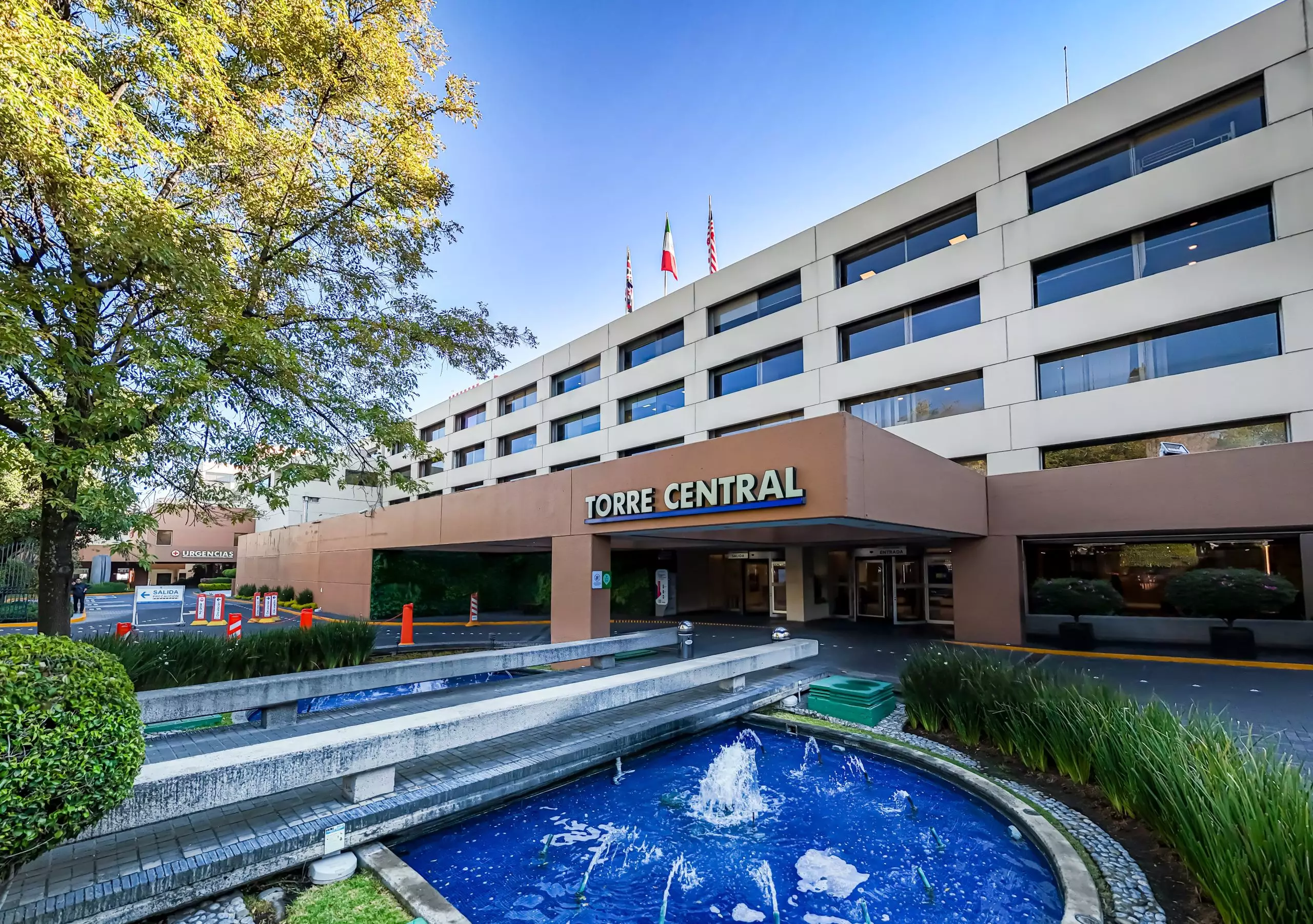
Campus Observatorio
Sur 136 No. 116, Col. Las Américas, Álvaro Obregón, 01120, Cd. de México.

Campus Santa Fe
Av. Carlos Graef Fernández 154, Col. Santa Fe, Cuajimalpa, 05300, Cd. de México.




